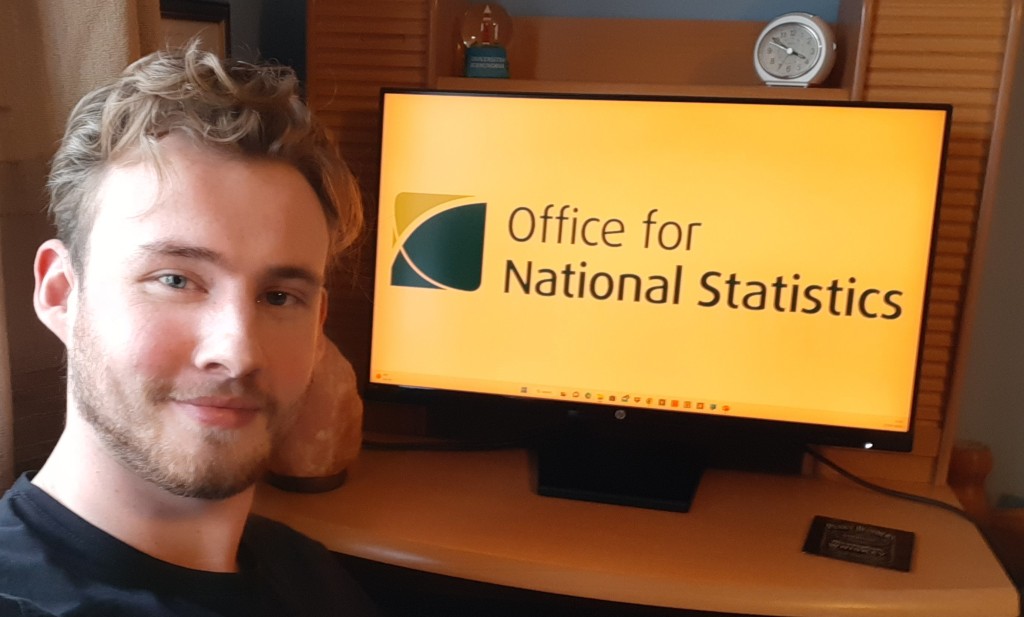
Paul Joyce, Philip Whiteman and Jason Lowther
Cities must be at the heart of a successful response to the climate crisis. Hundreds of local authorities in the UK are acting responsibly by taking the climate crisis seriously, whether it is by setting net zero targets or proclaiming a climate emergency. But they will be hampered in their endeavours for a number of reasons, including the significant capacity constraints that contradict their aspirations, even though national government in the UK has also set a net zero target.
Support for local government action could increase if government ministers listen to the recommendations of a report by the Rt Hon Chris Skidmore Environmental Audit Committee (EAC) Chairman, who issued a report on how the UK could better meet its net zero commitments. It’s an impressive piece of work, reflecting over 1800 written submissions as part of the official Call for Evidence. Central to its recommendations is the need for central government to empower regions, local government and communities to play a greater role.
We should acknowledge that on some measures the UK is already performing relatively well on environmental issues, particularly in reducing greenhouse gas emissions. The UK was placed joint second in Yale’s global Environmental Performance Index 2022, with Finland and behind Denmark. It achieved the fastest improvement of the three countries (and third best globally) in the last decade. Between 1990 and 2020, the UK reduced emissions by almost 50%, driven in part by a reduction in the use of coal and toward natural gas and renewables. Some of this success stems from historic decisions such as the 2008 Climate Change Act, which committed the UK to reaching 80% emissions reductions by 2050, and actions such as the introduction of a carbon price floor in 2013 and investments in solar and wind energy.
It may become more difficult for the UK to keep performing well as new, more challenging actions are needed. The EAC report is clear that local government is critical to developing and implementing the necessary actions, and that this requires a fundamental change in its relationship with central government. We highlight four essential changes.
First, simplify net zero funding arrangements. The report is clear that “current central government funding arrangements are standing in the way of effective local action”. The funding landscape is disjointed, unfair, and expensive for local authorities because of its complexity and reliance on short-deadline competitive bidding.
Secondly, trust local government. The report recognises that “to achieve a place-based, place-sensitive, locally-led transition to net zero, Government must place its trust in local leaders and communities to deliver”. Analysis by UKRI found that a “place-specific” approach to decarbonisation costs 70% less and delivers 90% more benefits than one which is “place-agnostic”. The report recommends a high-level framework and an agreement to close future partnership working between central and local government.
Thirdly, allow local communities to determine their priorities and approach within the national framework. The report recommends a new statutory duty on local authorities to take account of UK net zero targets. Disappointingly, government is asked to back only “at least one” Trailblazer Net Zero city, local authority and community, with the aim for these places to reach net zero by 2030.
Finally, align the planning system with net zero ambitions. The current framework sometimes stands in the way of councils insisting on high standards. And cumulative cuts to planning department budgets mean many councils lack the staff to deliver effective planning inputs quickly. As the report says: “Reforming the relationship between central and local government on net zero will empower local authorities to deliver place-based, place sensitive action and unlock the high levels of local net zero ambition that we have across the UK. Unblocking the planning system and aligning it more closely with net zero will enable widespread pro-growth, net zero development” (p.189).
In our discussions with local councils, we often find strong aspirations to address the environmental agenda. To turn green aspirations into reality, we need city and town governments that are properly empowered and resourced to achieve this. One of our concerns is that while the local authorities in the towns and cities are positive about cooperating with central government to promote sustainable development, their capacity is limited by comparison with European counterparts such as Sweden, Germany, The Netherlands, Norway, and Denmark. In consequence, the centralised approach to public governance in the UK has produced little “depth” to sustainable development by public authorities. Furthermore, we note that whilst may local authorities aspire to improve the environmental agenda, there is often a lack of specific or explicit connectivity to international targets, comparing less favourably to local authorities in other countries.
It is time to empower local government to become a powerful means of transformation of UK society, to give them much more fiscal autonomy, and to give them a strong mandate for sustainable development of cities and towns. This needs to be effective not just for the biggest cities, but also for smaller cities and towns where the capacity is sometimes more limited. Chris Skidmore’s report has recognised many of these issues, we now need to break the mould and give local government the mandate, capacity and collaborative approach it needs to succeed.
Paul Joyce is an Inlogov associate. Paul has a PhD from London School of Economics and Political Science. His latest book is Strategic Management and Governance: Strategy Execution Around the World (Routledge, 6 June 2022). He is a Visiting Professor in Public Management at Leeds Beckett University.
Philip Whiteman and Jason Lowther are Inlogov staff members.





